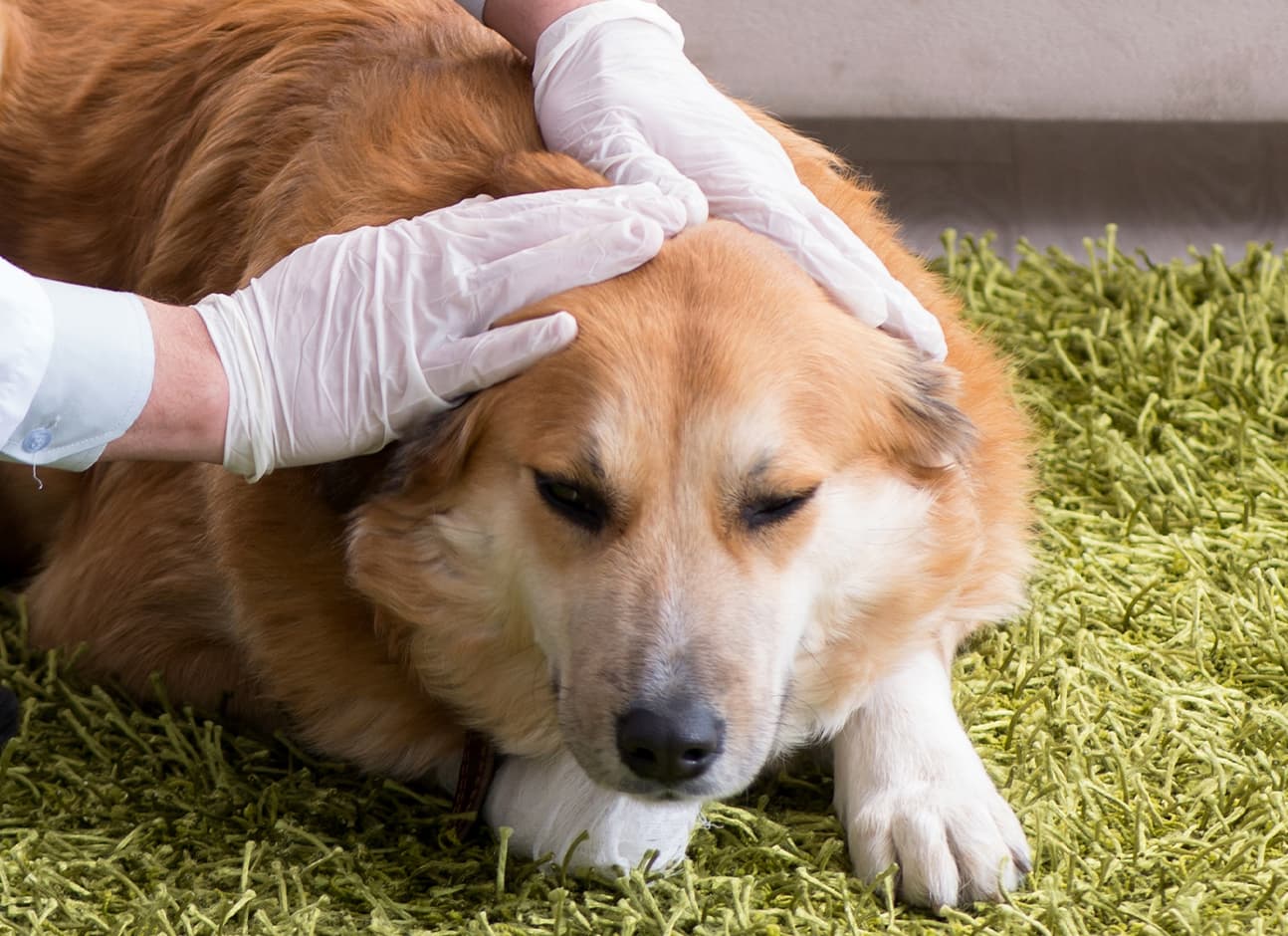Mast cell tumors (MCTs) are the result of maligned mast cells in the body. MCTs are the most common skin tumor among dogs, accounting for about 20% of all canine skin tumors till date. However, it is also important to note that about 60-70% of dogs with MCT develop only one tumor. Although any dog can develop MCTs, certain dog breeds including Golden Retrievers, Labrador Retrievers, Boston Terriers, Boxers, and Pugs are more susceptible to the disease.
The cause of MCT remains largely obscure, much like other forms of cancer. However, research has shown that certain genetic mutations play a key role in the development of MCTs. For example, the mutation of the KIT protein which is responsible for the replication and division of cells can cause canine MCT. MCTs manifest themselves in the form of lumps or bumps on or just underneath the skin, that can occur anywhere in the body. They may also appear to be red, swollen, and ulcer-like.
MCTs are usually diagnosed using the fine needle aspiration (FNA) technique which involves obtaining a sample of the cancerous cells directly from the tumor. Another important thing to note is that MCTs have an impeccable ability to mimic some other condition including allergies, insect bites, or warts, which has earned them the nickname, ‘the great pretenders’. This makes it all the more important to take your pet to the veterinarian the first time you notice any abnormal skin conditions. Veterinarians also use a three-point grading scale to determine the aggressiveness of the tumor of which Grade I is the least serious and Grade III is the most severe.
Despite the seriousness of the illness, MCTs are largely treatable with a number of treatment and supportive care options that you can consider to help your pet through this difficult time. Treatment typically depends on the aggressiveness of the tumor with lower-grade MCTs being much simpler to treat than their higher-grade counterparts. Surgery is the most appropriate treatment for lower-grade MCTs. In the case of higher-grade MCTs, your veterinarian would typically recommend a blend of surgery and chemotherapy. Additional treatment for higher-grade MCTs includes tyrosine kinase inhibitor (TKI) therapy.
It can be challenging to care for a sick dog, especially one who has been diagnosed with Mast Cell Tumor. However, talking to your veterinarian and ensuring that your canine friend is comfortable can help you help your pet better.
